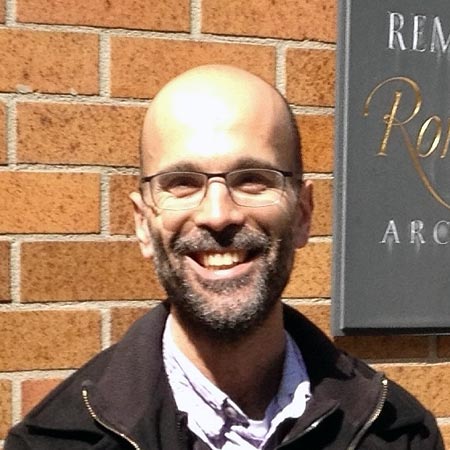Damian Tarnopolsky, PhD

Damian Tarnopolsky, Ph.D., is Writer-in-Residence with the Health, Arts, and Humanities Program at the University of Toronto and has taught courses in narrative-based medicine at the Centre for Faculty Development, Massey College, and the Writing as Craft virtual retreat. He started A Rooster for Asclepius: The Toronto Health Humanities Writing Group, and now leads its digital reincarnation, “Plums in the Icebox: Writing for Health Practitioners” with co-founder Dr. Shane Neilson.
A novelist, short story writer and playwright, Damian Tarnopolsky has been nominated for the Commonwealth Writers’ Prize, the Amazon.ca First Novel Award, the Journey Prize, and the CBC Literary Award, among others, and his play The Defence won the 2019 Voaden Prize. His essays and reviews have appeared in The Walrus, The Globe and Mail, The Toronto Review of Books, Reader’s Digest and elsewhere, and he owns and operates Slingsby and Dixon, an editing company that works with fiction writers, businesses, and academic institutions.
Faculty Disclosure
It is the policy of the University of Toronto, Temerty Faculty of Medicine, Continuing Professional Development to ensure balance, independence, objectivity, and scientific rigor in all its individually accredited or jointly accredited educational programs.
Speakers and/or planning committee members, participating in University of Toronto accredited programs, are expected to disclose to the program audience any real or apparent conflict(s) of interest that may have a direct bearing on the subject matter of the continuing education program. This pertains but is not limited to relationships within the last TWO (2) years with not-for-profit organizations, pharmaceutical companies, biomedical device manufacturers, or other corporations whose products or services are related to the subject matter of the presentation topic.
The intent of this policy is not to prevent a speaker with a potential conflict of interest from making a presentation. It is merely intended that any potential conflict should be identified openly so that the listeners may form their own judgments about the presentation with the full disclosure of facts.
It remains for the audience to determine whether the speaker’s outside interests may reflect a possible bias in either the exposition or the conclusions presented.
